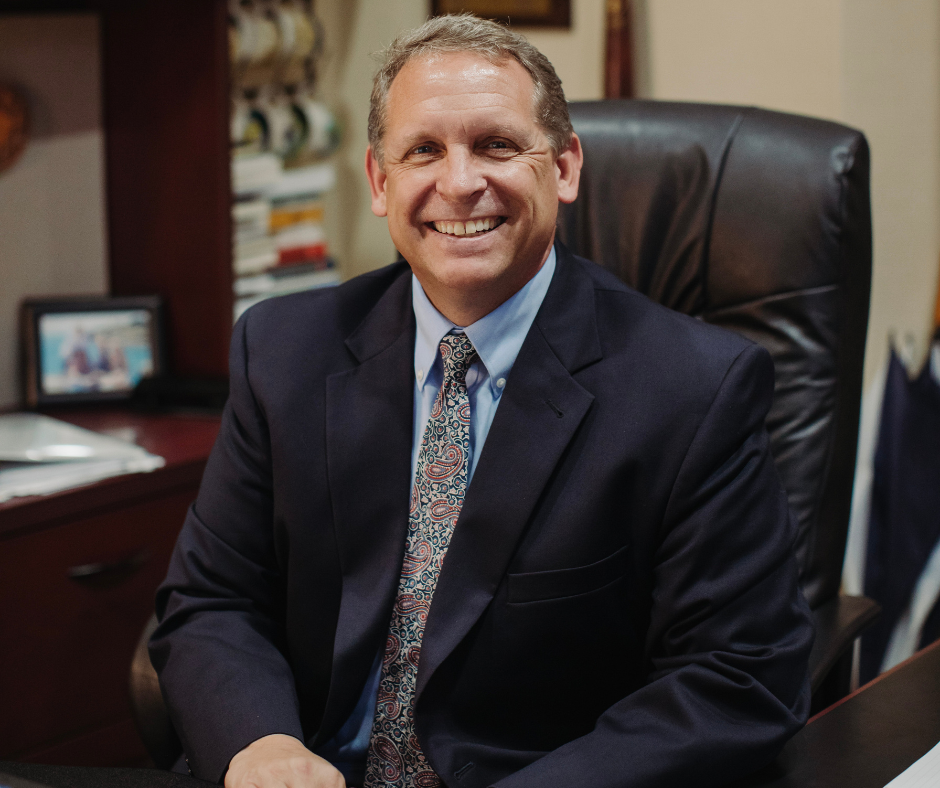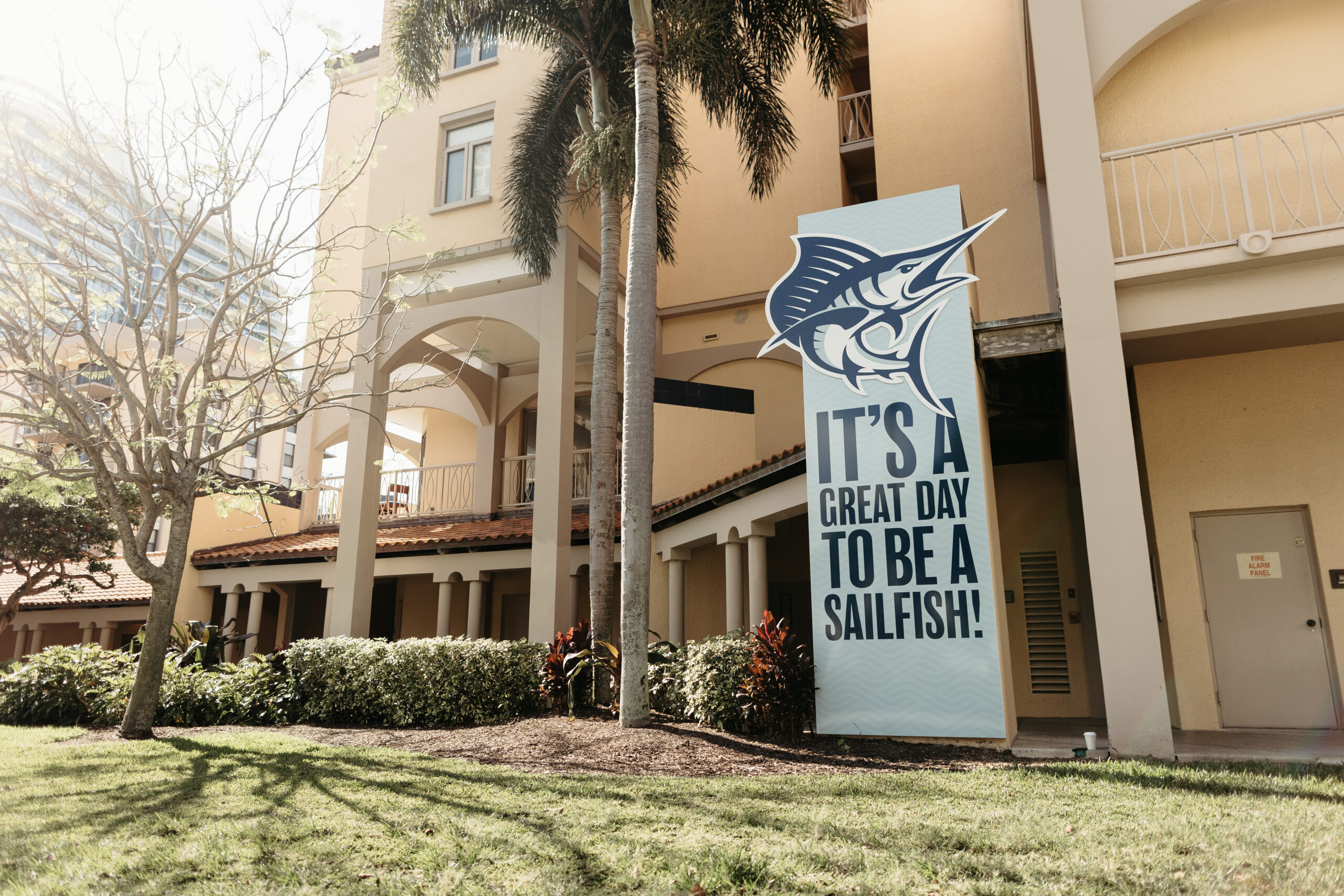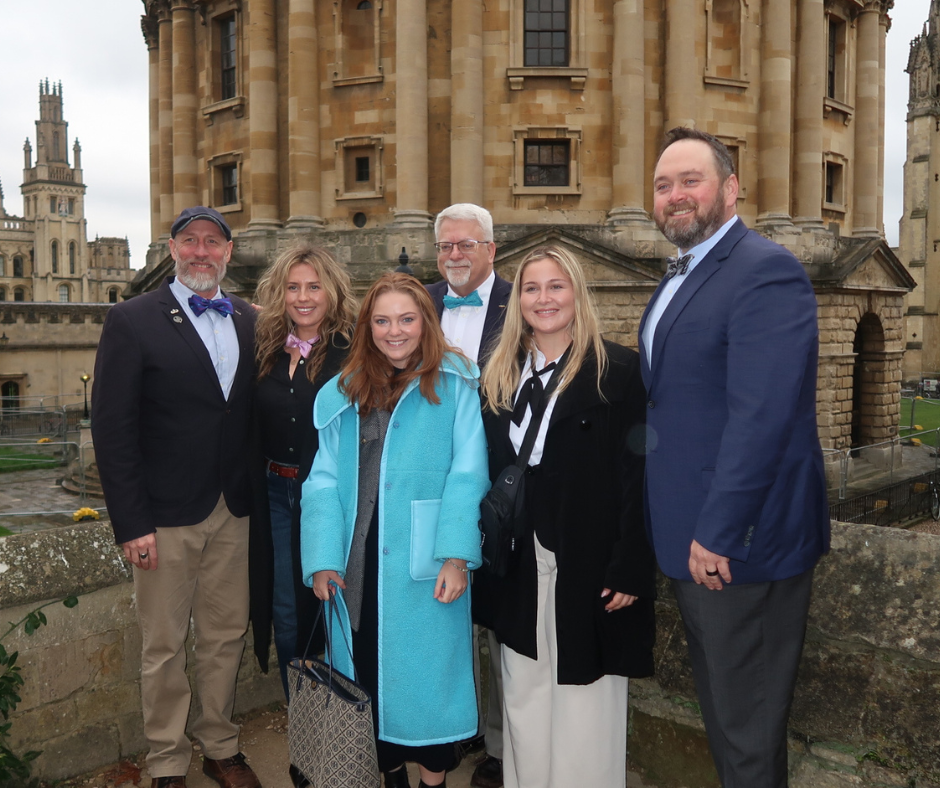Presidents’ Day has its roots in February 22, 1732, the day that George Washington was born. The holiday was once known as “Washington’s birthday.” You might think that the tradition of celebrating his birthday started after his death, but, even in his own era, people knew that George Washington was leaving a legacy. People celebrated his birthday and toasted him as early as 1779, before the Revolutionary War even ended. After the war, Washington had the pleasure of attending balls given in honor of his birthday. The tradition of celebrating Washington continued into the nineteenth century and became more official. Washington’s birthday became a national holiday in 1885.
Why Do We Celebrate Presidents’ Day?
As with many other things, Presidents’ Day changed in the mid-twentieth century. The “Uniform Monday Holiday Act” moved the celebration to the third Monday of February and broadened its significance to include Abraham Lincoln, whose birthday was February 12. The holiday has become known as “Presidents’ Day.” This change was the sign of a healthy republic. If we had only one president worth celebrating after nearly 250 years, that would be sadder than Washington sharing a birthday celebration with Lincoln.
Washington and Lincoln were both presidents who guided the country in challenging times. While neither president had perfect judgment on all issues and both made mistakes, each attempted to live according to their principles and could remain composed in trying times.
George Washington wrote a book on civility. Abraham Lincoln could tolerate men in his cabinet who considered themselves better than him. Both were leaders that people could respect, and they were considered men of high character—two qualities we should all seek to exemplify.
How Should We Observe Presidents’ Day?
Traditionally, Presidents’ Day has been marked by community gatherings, historical reenactments, and readings of significant presidential speeches, like Washington’s farewell address and Lincoln’s many eloquent writings. These observances remind us of the enduring importance of national unity and ethical leadership. In Washington’s time, people held balls and gave toasts in his honor at dinners. This year, the PBA History Department will toast with cherry cola in honor of the man that generations of children were taught chopped down a cherry tree and then told the truth about it. The different traditions for observing Presidents’ Day emphasize the combination of celebration and commemoration. Presidents’ Day is a chance to reaffirm our commitment to the ideals of leadership and integrity in public service.
Washington and Lincoln give us a reason to reflect on our history and a reason for a day off work and some dancing. History is heavy, but the past is more than a burden we bear. Presidents’ Day is not a good excuse for a mattress sale, but it may justify a ball. This year on Presidents’ Day, we can think of the past and the future, because 2026 will be the 250th anniversary of 1776. We can and should consider how we will commemorate that and perhaps even start writing our toasts.
Dr. Elizabeth Stice has taught at PBA since 2012 in the history department and in the Frederick M. Supper Honors Program. Her research interests include World War I, empires, European print culture, sport, and world history. Dr. Stice’s book, Empire Between the Lines: Imperial Culture in British and French Trench Newspapers of World War I was published in 2023. She has presented at numerous conferences and published peer-reviewed articles on topics related to World War I and French and British history. Dr. Stice is the assistant director of the Frederick M. Supper Honors Program. She also serves as a Faculty Fellow for Development and Communication.



